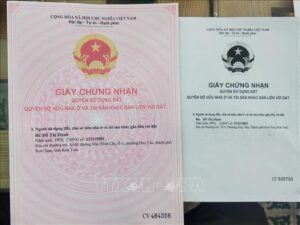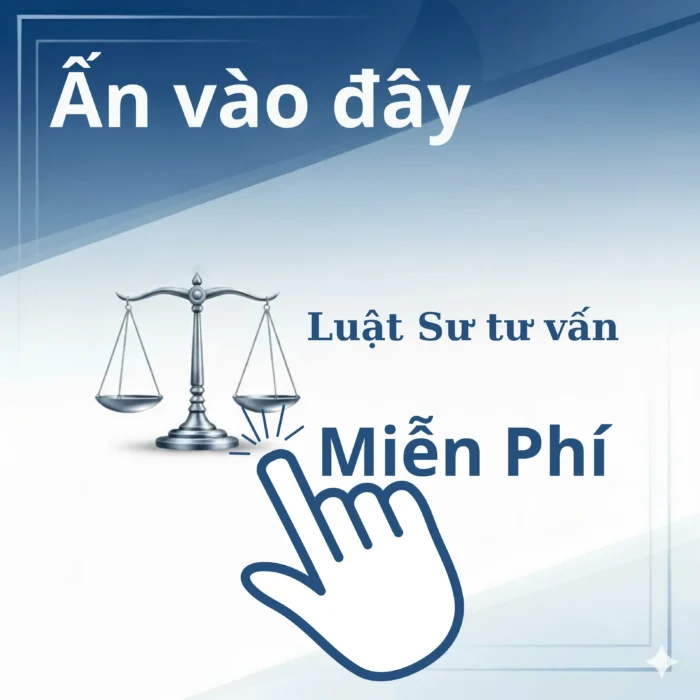Án lệ 08/2016/AL: Tự động bị bãi bỏ
On October 28, 2015, the Council of Judges of the Supreme People’s Court of Vietnam (TANDTC) issued Resolution No. 03/2015/NQ-HĐTP, outlining the process for selecting, publishing, and applying precedents. On June 18, 2019, this resolution was replaced by Resolution No. 04/2019/NQ-HĐTP. This reform established that precedents must meet three key criteria:
- The ability to clarify regulations in luật with differing interpretations, analyze legal issues and events, and indicate the principles and regulations needed for specific cases, upholding fairness in areas lacking direct legal provisions.
- The characteristic of being instructive.
- The potential to ensure uniform application of luật during judicial proceedings.
The conditions for applying precedents in civil matters are specified in Clause 3, Article 45 of the 2015 Civil Procedure Code, which states that courts may invoke fundamental principles of civil luật, precedents, and principles of fairness to resolve cases when customs or analogous laws cannot be applied.
Today, a robust system of precedents has been established, serving as a significant resource for implementing luật and adjudicating civil matters where no applicable legal provisions exist. As of November 12, 2019, there were a total of 29 approved precedents by the Council of Judges of the TANDTC, including 21 guiding the application of luật in situations without specific legal provisions, 6 concerning criminal cases, and 2 regarding administrative matters. Informal statistics indicate that from 2016 to the present, precedents have been applied in a total of 598 civil cases, comprising 313 civil matters, 47 family law cases, and 238 business cases. The application of these precedents has played a vital role in accurately resolving disputes and safeguarding the legitimate rights and interests of involved parties.
In addition to the guidelines regarding the selection, publication, and application processes, Resolution No. 04/2019/NQ-HĐTP also addresses the abolition of precedents. Specifically, Article 8 specifies two cases in which a precedent may be nullified: firstly, automatically due to changes in the luật; secondly, through a decision made by the Council of Judges of the TANDTC, which holds the authority to enforce precedent in legal dealings.
In practice, we believe that Precedent No. 08/2016/AL should be automatically annulled due to the following reasons:
Precedent No. 08/2016/AL relates to establish the interest rate and the adjustment of interest rates in loan agreements from the day following the first-instance trial. It ruled two points regarding the continuity of interest calculation, asserting that from the day the judgment becomes legally effective and upon the request for enforcement, the debtor must pay interest on the overdue amount at the basic interest rate declared by the State Bank of Vietnam, which is not accurate. For loans obtained from financial institutions, besides the principal debt, the borrower must also cover due interest and related fees until the principal is settled. After the first-instance trial, the borrower continues to incur overdue interest at the rate agreed in the loan contract until the debt is fully paid, adjusting for any changes to the lending interest rate decided by the court to align with the bank’s updated rates.
Clearly, this precedent has resolved many shortcomings in the legal framework by bridging the gap regarding the interest calculation period from the time of the first instance judgment to the eventual appellate judgment, particularly in cases where appeals are filed. This period, typically extending beyond 30 days, includes waiting for the appeals period, transferring files, preparation time for reviewing the appellate case, and potential postponement of hearings. Therefore, this duration can significantly impact financial institutions, where interest continues to accrue on loans yet are not accounted for during this timeframe. Furthermore, the precedent has facilitated a consistent interest rate application from the agreement until obligation fulfillment, disregarding the point of the first-instance judgment.
While the advancements stemming from Precedent No. 08/2016/AL are notable, it has also shown limitations by restricting its application solely to the contractual relationship between a financial institution and a borrower, hence excluding personal loans carrying interest agreements between individuals.
On January 11, 2019, the Council of Judges of the TANDTC issued Resolution No. 01/2019/NQ-HĐTP, effective from March 15, 2019, to clarify several legal provisions regarding interest, interest rates, and penalties for violations. This resolution inherits content from Precedent No. 08/2016/AL, explicitly stating in Clause 1, Article 13, that when adjudicating various case types (civil, family, commercial, labor, etc.), the court must also state in the judgment not only the required payment amount but also the applicable interest rate from the day after the first-instance judgment until the obligations are fulfilled, adhering to the parties’ agreement. If no rate is agreed upon, it should follow the rate set in Clause 2, Article 468 of the 2015 Civil Code.
This regulation encompasses two elements from Precedent No. 08/2016/AL—interest calculation continuity and overdue interest—and expands the scope of application to include any contracts with mutually agreed interest rates, rather than limiting it solely to credit institution contracts. Therefore, as of March 15, 2019, the automatic annulment of Precedent No. 08/2016/AL became effective, as its contents are now governed by legal statutes.
To promote consistent law application, even though Precedent No. 08/2016/AL is inherently annulled, it is advisable that this information be officially communicated to all courts through a formal document to prevent any unintended mistakes that could lead to judgments being overturned.
In conclusion, the process of establishing and applying precedents in the Vietnamese legal system demonstrates a significant evolution in enhancing the judicial process and ensuring fairness through comprehensive guidelines, contributing to the overall robustness of luật in Vietnam. For further information on legal frameworks and practices, please visit here.








